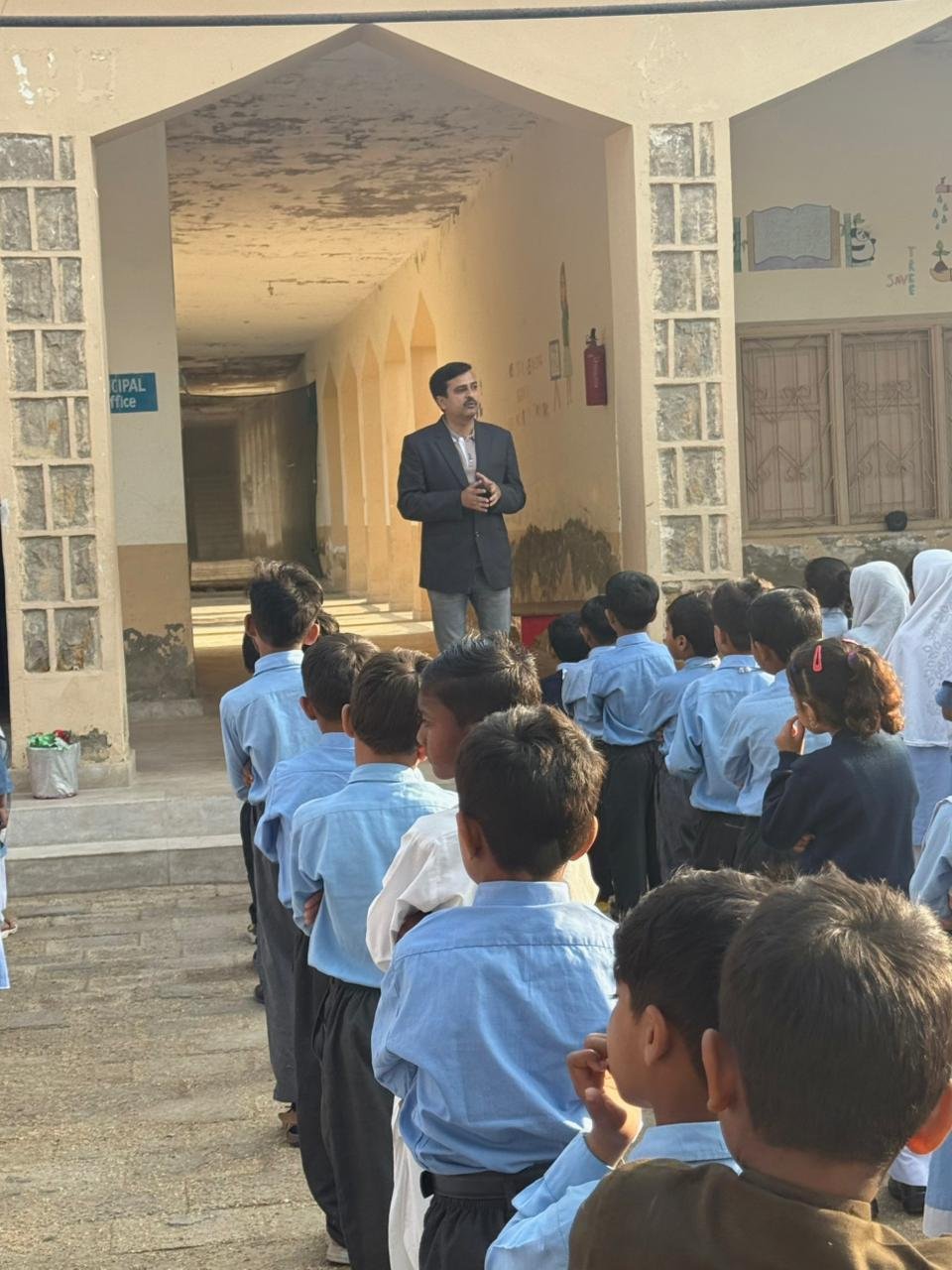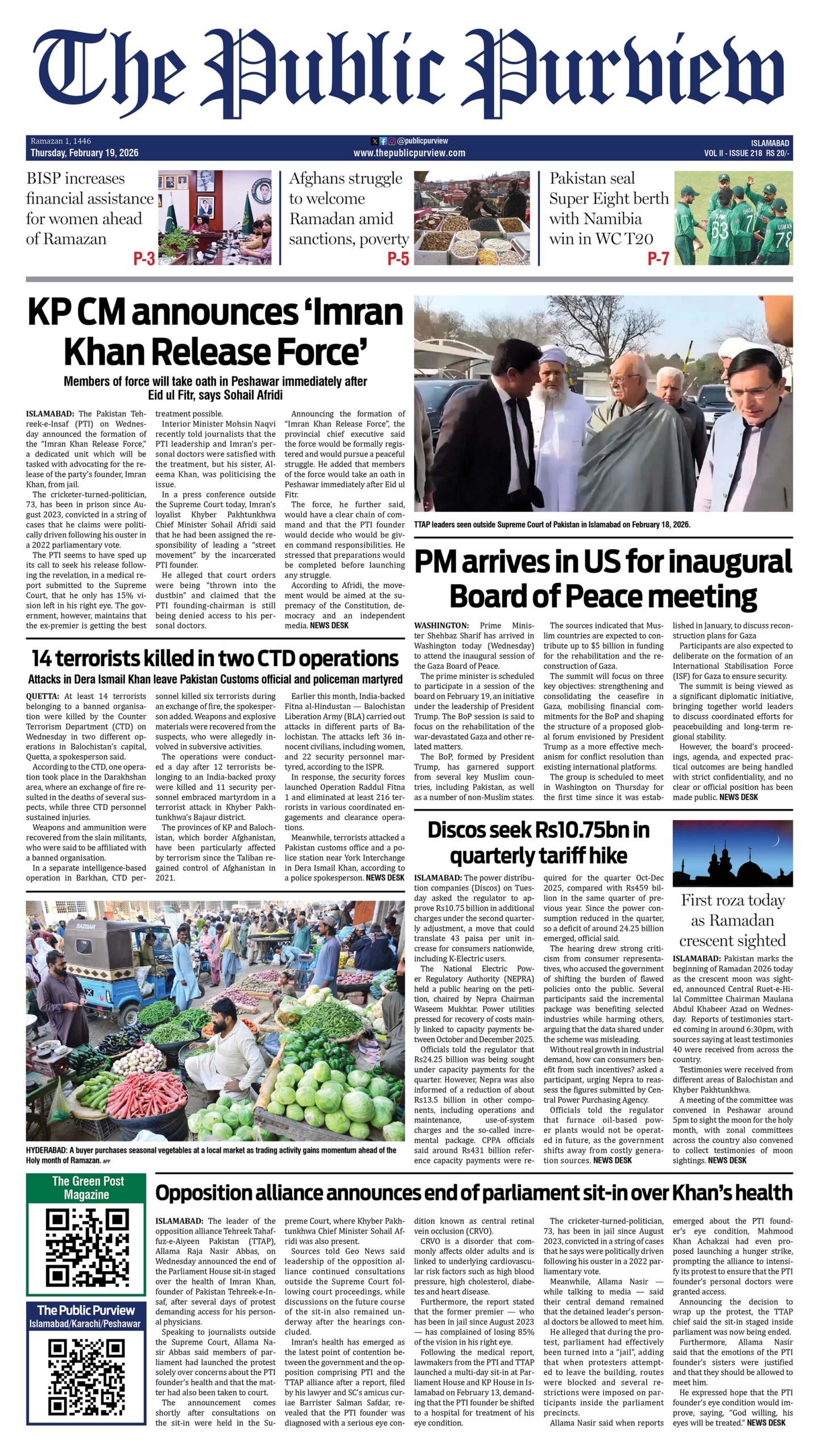By Junaid Toru
Peshawar: Hundreds of women displaced by recent floods in Buner are enduring unimaginable hardships in makeshift camps. Without shelter, sanitation, and healthcare, they remain vulnerable and deeply distressed.
Overcrowded Camps and Unsafe Conditions
In village Gangshal, authorities have set up more than 56 tents, yet conditions remain dire. Families of 10 to 20 members squeeze into a single tent with only one mattress. Fear grows among residents that another spell of heavy rain could sweep away their fragile shelters since the camps sit on high ground.
“We cannot even step outside freely,” said Gul Bano (name changed), a 32-year-old mother of four. “There is no privacy for women. At night, we feel unsafe, and during the day, we struggle to manage our children in this suffocating heat. We only have one mattress for the whole family.”
Community Voices: “No Assistance Has Arrived”
Local representatives warn that neglect has reached alarming levels. Liaqat, General Secretary of Jabagai Welfare Foundation, explained, “A total of 59 camps are operating here, but no significant government assistance has arrived. Women face the worst conditions—no washrooms, no hygiene kits, no privacy, and no safety. Many are falling sick, and water tanks remain empty.”
Health and Hygiene Crisis
Access to clean drinking water has become an urgent concern. To meet daily needs, women fetch water from unsafe sources and carry heavy containers over long distances. Meanwhile, food supplies often spoil because of unhygienic conditions and the absence of proper storage facilities.
The lack of hygiene facilities is now driving a public health emergency. Women report urinary tract infections, skin diseases, and reproductive health complications. In particular, pregnant women and new mothers face the gravest risks.
“I am seven months pregnant, but there is no female doctor nearby,” said Amna Bibi (name changed), displaced from her village during the floods. “Often, I feel weak and dizzy, yet there is no access to proper food or medical checkups. What worries me most is the safety of my baby.”
Relief Efforts: Conflicting Claims
International organizations have begun responding. According to UNFPA Programme Officer Muhammad Zikria, “Earlier, we distributed 200 hygiene kits in Buner, and we are now planning to launch psychosocial support programs in both
Buner and Shangla very soon.”
On the other hand, the provincial government insists that its relief operations are active. Provincial Health Advisor Ehtisham Khan stated, “Medical teams, including female doctors, have been deployed to flood-hit areas of Buner. Health camps are providing services to women, particularly in maternal care. So far, 576 successful deliveries have been carried out with immediate medical support from government doctors.”
Nevertheless, many displaced women continue to report that their needs remain unmet.
Mental Health: The Overlooked Struggle
Aid workers highlight that mental health needs are being ignored. The trauma of displacement, combined with unsafe living conditions, is pushing many women into depression and anxiety.
Psychologist Dr. Horiya explained, “Disasters like floods bring grief and despair. Families lose their homes, loved ones, and livelihoods. Women bear a heavy emotional burden, yet their struggles often go unrecognized. Many suffer from depression, anxiety, and even symptoms of PTSD while still being expected to stay strong and care for their families.”
An Ongoing Struggle for Survival
For now, women in Buner’s flood camps continue to bear the brunt of neglect. They fight for privacy, dignity, safe motherhood, and basic healthcare in a crisis that shows little sign of easing.







 Today's E-Paper
Today's E-Paper